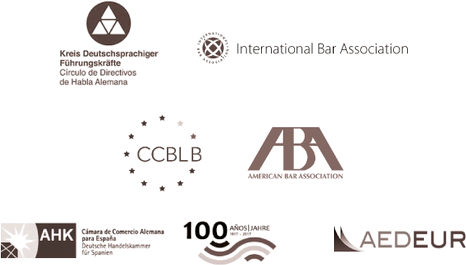
“L’Europe ne se fera pas d’un coup”…but, will the Digital Single Market ever be done?
11/05/16
Let’s start with some trendy notions:
Geo-blocking: users’ location determines accessibility or redirection to a particular website.
Geo-filtering (a subcategory of geo-blocking): users’ location determines different pricing or other commercial conditions.
Dynamic pricing: prices vary depending on the users’ past purchasing behaviour.
The first two differentiate on the basis of residence, whereas the latter differentiates on the basis of income or other relevant data. Are these kinds of practices compatible with the Single Market and Competition Law?
The European Commission seriously doubts it. Its interest and perseverance in the Digital Single Market Agenda are widely known. Both the legislative and the sanctioning paths are currently open and the results may change the legal reality.
In the sanctioning arena, two cases may give rise to landmark decisions. In the Sky/Majors case (see here), the Commission will have to decide (i) whether geo-blocking is admissible when IP rights are at stake; and (ii) whether the distinction between active and passive sales makes any sense on-line. If territorial exclusivities are at the core copyright, is it reasonable to prohibit contractual geo-blocking? Some days ago, Paramount said it was ready to waive the application of such clauses. Other interested parties are much more belligerent and the Commission will also surely face the opposition of Member States interested in preserving (the exercise of) copyright within their competences.
In the Google case (see here), the Commission recently issued its Statement of Objections. The preliminary view is that Google abuses its dominant position by systematically favouring its own comparison shopping product in its general search results pages. Two seminal questions will thus be tackled in that case: (i) do dominance and abuse make sense in the fast-moving digital market? Or, to put it in other words, are there any lessons to be learnt from Microsoft? and (ii) is neutrality possible (and enforceable) when a digital operator decides on the contents it shows to users?
The Commission is concerned that users do not necessarily see the most relevant results through an objective classification, to the detriment of consumers and competitors. A similar debate exists in the framework of the sharing economy and the neutrality of reputational mechanisms in on-line platforms. Is there a need for regulatory intervention there? Back to the Google case… is there a need for a sanction if evidence shows bias in the use of one’s own digital tool?


